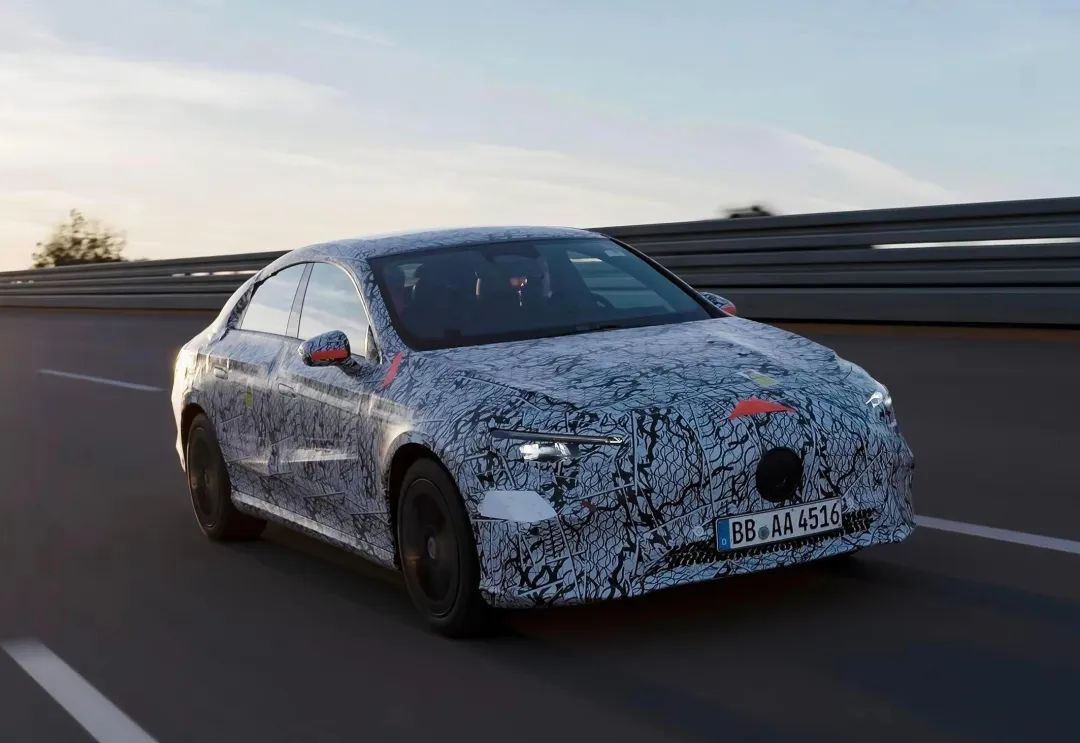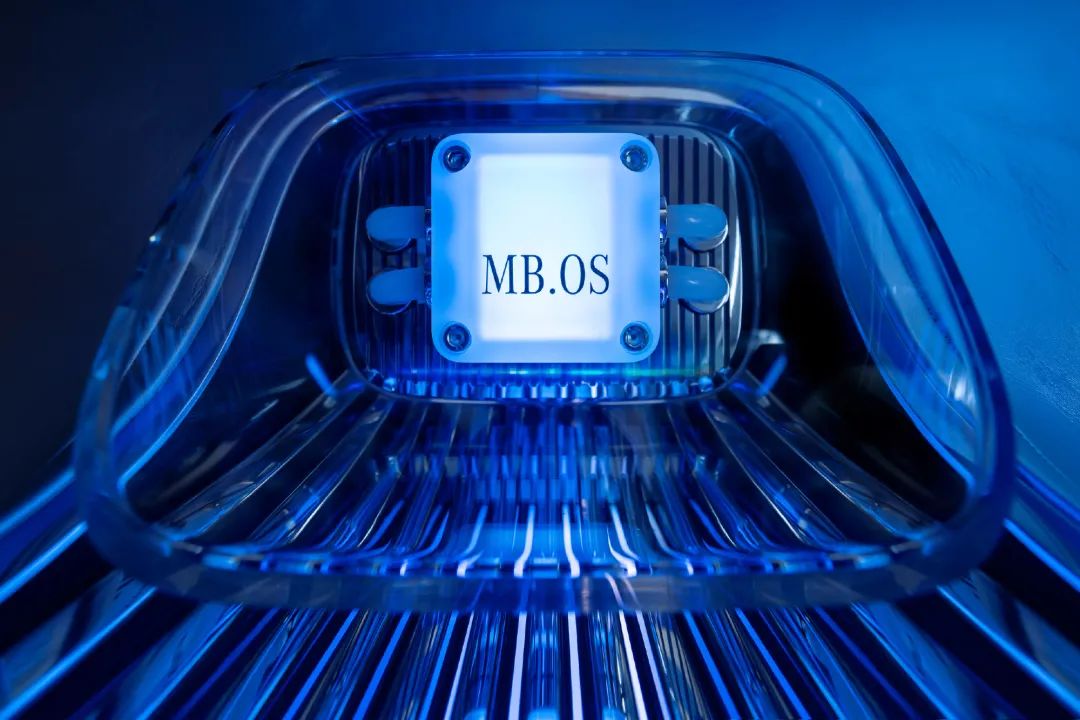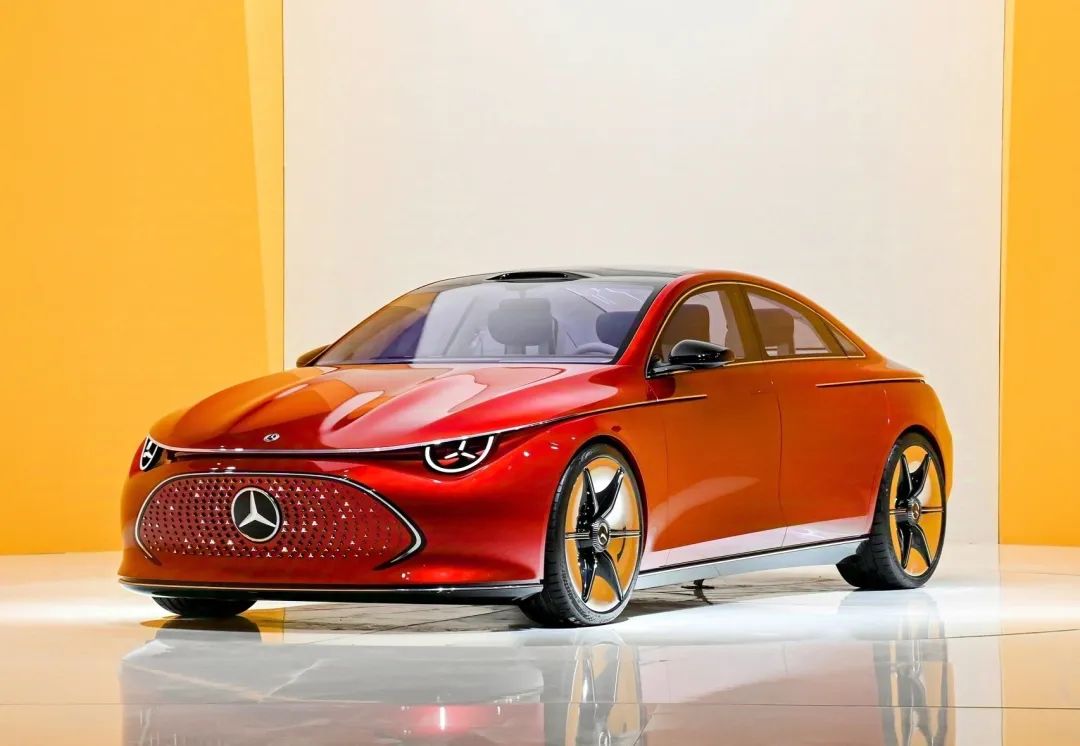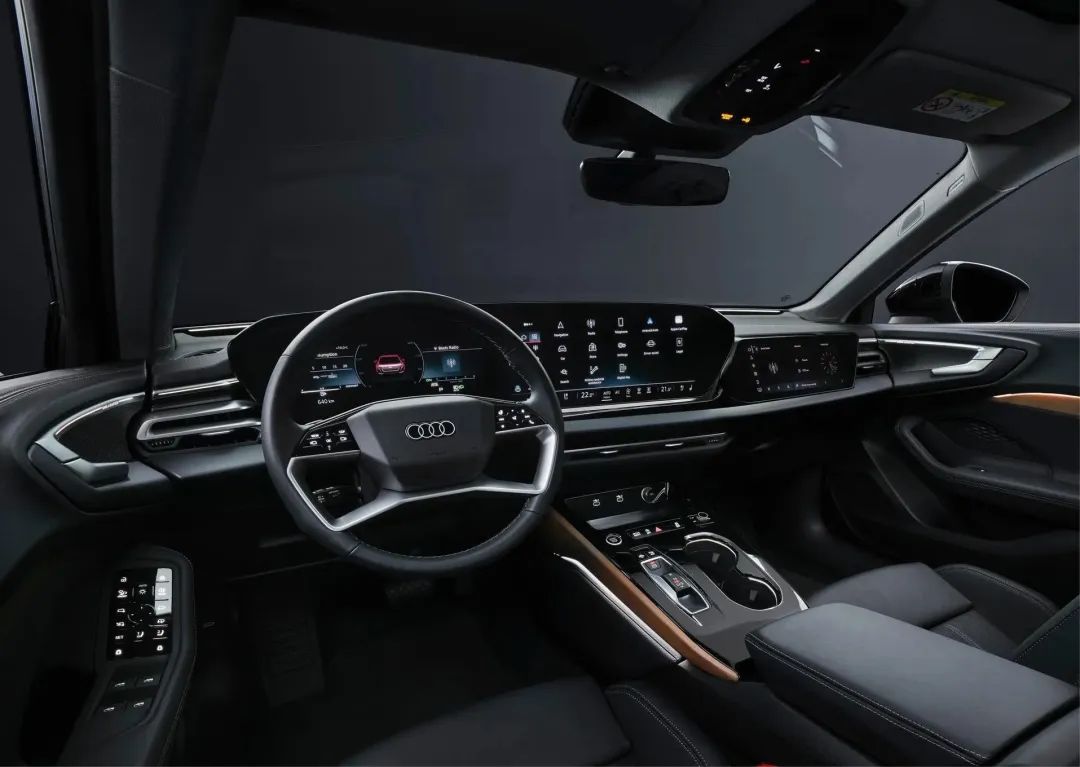As we look forward to 2025, the automotive industry is preparing to unveil a new wave of luxury vehicles that blend sophistication with cutting-edge hybrid technology. Iconic brands such as Mercedes-Benz, BMW, Audi, and Volvo are set to release compelling new models that not only reflect the latest in design and performance but also incorporate sustainable energy solutions that respond to growing environmental concerns.
Mercedes-Benz: A Class Apart

Mercedes-Benz is continuing its tradition of luxury and innovation with the new 2025 iteration of the CLA. This model promises to combine elegance with a diverse powertrain, featuring new hybrid options that capitalize on both electric and traditional fuel systems to enhance performance while reducing carbon emissions.
BMW: The Ultimate Driving Machine

BMW’s new lineup for 2025 is set to captivate driving enthusiasts. The flagship model will feature a fully integrated hybrid system, promoting efficiency without sacrificing power. With an emphasis on sporty handling and superior engineering, BMW aims to solidify its reputation as “The Ultimate Driving Machine.”
Audi: Innovation Meets Luxury

Audi is embracing the future with its innovative hybrid technologies. The upcoming A5L and Q5L e-tron models are designed to provide a seamless driving experience, merging luxury with advanced energy efficiency. Expect an enhanced driving range and the latest infotainment features, reinforcing Audi’s commitment to cutting-edge automotive technology.
Volvo: Safety and Sustainability

Volvo continues to lead in safety and sustainability with its forthcoming 2025 models, including the new S90 and XC60. With significant advancements in hybrid engine configurations, these vehicles are engineered to offer remarkable fuel efficiency and subtle performance, while maintaining Volvo’s renowned safety standards.
Closing Thoughts
As we approach 2025, the luxury automobile segment is positioned to undergo significant transformation, shaped by technological advancements and a growing focus on sustainability. The new models from Mercedes-Benz, BMW, Audi, and Volvo highlight this trend, showcasing how the industry’s historic luxury brands are evolving to meet modern challenges. The marriage of style, performance, and eco-friendliness in these new vehicles is a clear indicator that the future of luxury cars is bright.
In conclusion, these automakers are not only enhancing their vehicles but also redefining luxury in the context of environmental responsibility. It will be exciting to see how consumers respond to these innovative offerings in the coming years.






